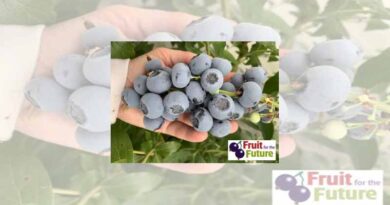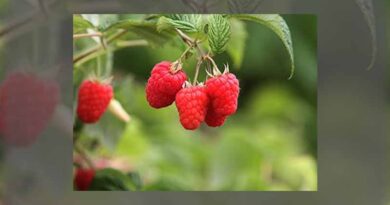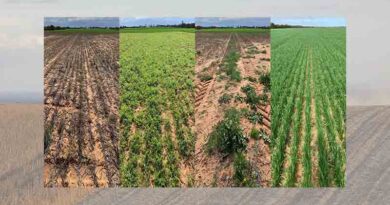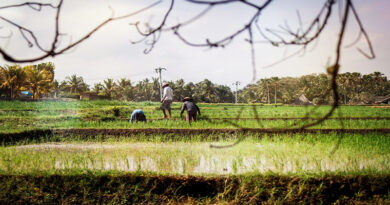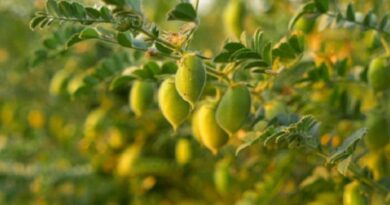Berry latest research on show at Fruit for the Future 2021
07 July 2021, UK: Join scientists at the James Hutton Institute in Dundee on Thursday 15th July for the 2021 edition of Fruit for the Future, the annual showcase of soft fruit research including scientific presentations, outdoors demonstrations and walks through experimental plots, presented by the Institute and the Scottish Society for Crop Research.
Fruit for the Future is one of the James Hutton Institute’s most successful and long-running industry events and is aimed at farmers, agronomists, representatives of the food and drink industries, scientists and others interested in soft fruit. After a virtual stint last year, the event is returning to its usual format of in-person fruit walks at the Hutton site in Invergowrie. This year the programme includes:
- Spotted Wing Drosophila soft fruit clinic, Gaynor Malloch, James Hutton Institute: Bring a 200g sample of fruit (raspberries, strawberries, cherries etc) and Hutton staff will test it for the presence of SWD. Results will be sent to you in confidence.
- Progress from the RBC raspberry breeding programme, Nikki Jennings, James Hutton Limited: Come and see our most advanced floricane and primocane genotypes from the RBC Breeding Programme, including new variety Glen Mor and James Hutton’s first two primocane raspberries, Skye and Lewis. The programme aims to develop new, robust raspberry varieties with superior quality and tolerance to pathogens, especially Phytophthora root rot, which are suitable for the whole supply chain and economical to grow. Hutton researchers aim to do this in a shortened timescale with the deployment of molecular markers developed at James Hutton to identify important traits early in the breeding process.
- Investigating the environmental triggers of fruit drop in cherry crops, Alison Karley, James Hutton Institute: Hear about the CherryBerry project, which aims to determine the environmental causes of yield variability in cherry crops. Yield variability often results from ‘June Drop’, where excessive loss of immature fruit can lead to 80% reduction in marketable fruit. Hutton scientists are using manual measurements and digital technologies to monitor cherry crops in field trials at the Institute and on fruit farms, with the aim of relating fruit loss to environmental variability (e.g. temperature stress) or pollination success. The findings will help fruit growers decide the best strategies for improving fruit set under different environmental stress conditions.
- Progress and plans from the blueberry breeding programme, Susan McCallum, James Hutton Institute: Entering the fifth year of fruit evaluations, selections have been identified with superior flavour, size, yield and firmness and trials in the Netherlands have shown excellent climatic tolerance. A large scale flavour study in 2020 found a number of advanced selections were highly rated, allowing Hutton researchers to predict consumer liking before fruit ripeness.
- An update on the introduction of honeyberry crops to Scotland, Louise Gamble, James Hutton Institute: Over 100 acres of honeyberry crop is being grown across Scotland. Since its first introduction five years ago, there is now a better understanding of the cultivation practices required for this climate and which varieties are most suitable. Although honeyberries are already well known for their exceptionally high levels of healthy compounds, Scottish berries have been analysed and compared to other common berries, revealing interesting results. The talk will give an overview of the emerging Scottish honeyberry industry.
Also Read: Haryana government increased the credit facilities of farmers


